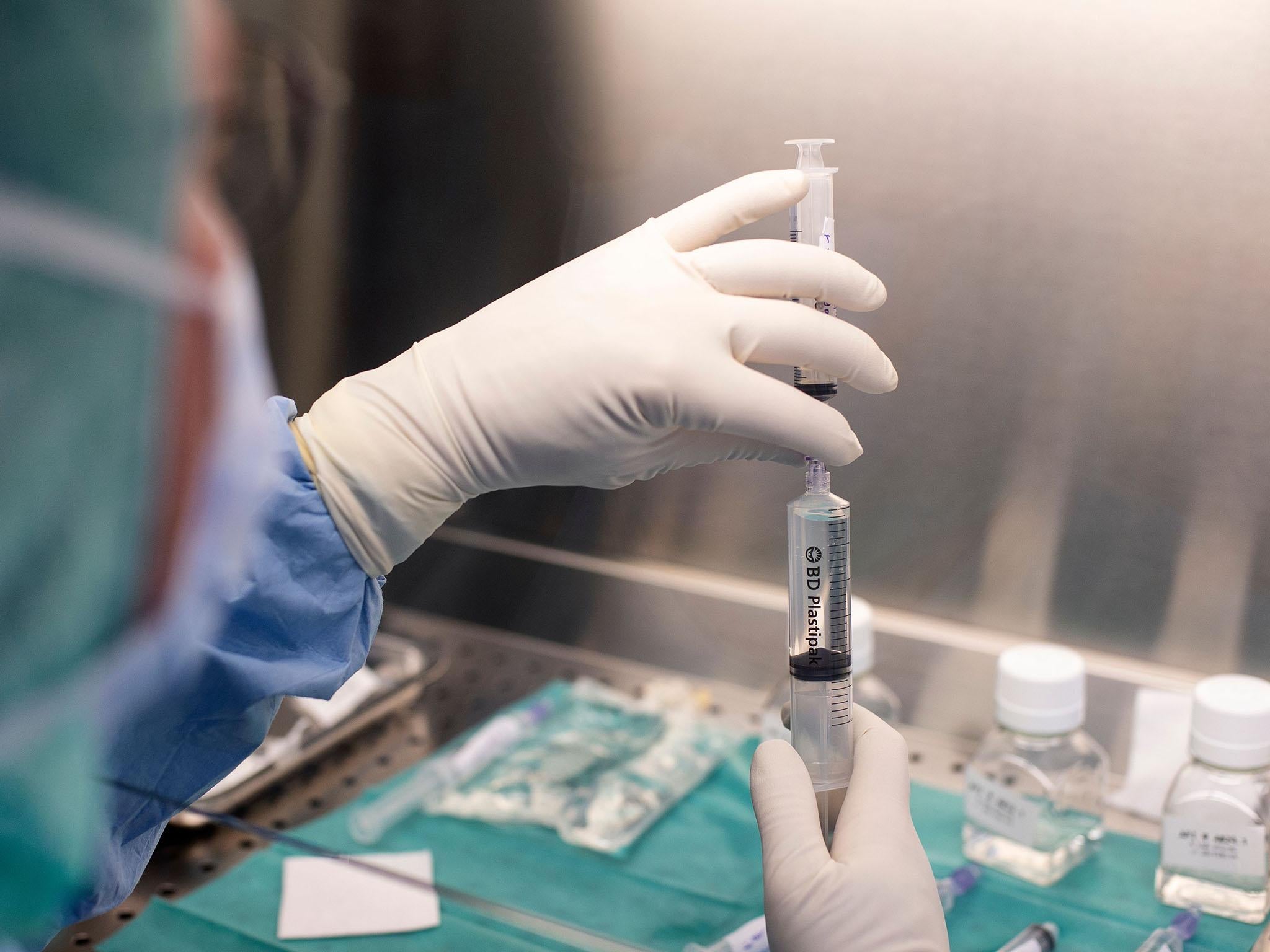Doctors and patients need to stop believing these 10 medical myths
Researchers identified nearly 400 common medical practices and theories that were contradicted by rigorous studies. Here are some of the most notable findings

You might assume that standard medical advice was supported by mounds of scientific research. But researchers recently discovered that nearly 400 routine practices were flatly contradicted by studies published in leading journals.
Of more than 3,000 studies published from 2003 through 2017 in JAMA and The Lancet, and from 2011 through 2017 in the New England Journal of Medicine, more than one in 10 amounted to a “medical reversal”: a conclusion opposite of what had been conventional wisdom among doctors.
“You come away with a sense of humility,” says Dr Vinay Prasad of Oregon Health and Science University, who conceived the study. “Very smart and well-intentioned people came to practice these things for many, many years. But they were wrong.”
Some of those ideas have been firmly dislodged, but not all. Now, Prasad and his colleagues are trying to learn how widespread discredited practices and ideas are.
Here are 10 findings that contradict what were once widely held theories.
Peanut allergies occur whether or not a child is exposed to peanuts before age 3
Paediatricians have counselled parents to keep babies away from peanuts for the first three years of life. As it turns out, children exposed to peanuts before they were even one year old have no greater risk of peanut allergies.
Fish oil does not reduce the risk of heart disease
At one point, the notion that fish fats prevented heart trouble did seem logical. People whose diets contain a lot of fatty fish seem to have a lower incidence of heart disease. Fatty fish contains omega-3 fatty acids. Omega-3 supplements lower levels of triglycerides, and high levels of triglycerides are linked to an increased risk of heart disease. Not to mention that omega-3 fatty acids seem to reduce inflammation, a key feature of heart attacks.
But in a trial involving 12,500 people at risk for heart trouble, daily omega-3 supplements did not protect against heart disease.
A lifelike doll carried around by teenage girls will not deter pregnancies
These dolls wail and need to be “changed” and “cuddled”. The idea was that girls would learn how much work was involved in caring for an infant. But a randomised study found that girls who were told to carry around “infant simulators” actually were slightly more likely to become pregnant than girls who did not get the dolls.
Ginkgo biloba does not protect against memory loss and dementia
The supplement, made from the leaves of ginkgo trees, was widely used in ancient Chinese medicine and still is promoted as a way to preserve memory. A large federal study, published in 2008, definitively showed the supplement is useless for this purpose. Yet ginkgo still pulls in $249m (£200m) in sales. Did people just not get the message?
To treat emergency room patients in acute pain, a single dose of oral opioids is no better than drugs like aspirin and ibuprofen
Yes, opioids are powerful drugs. But a clinical trial showed that much safer alternatives relieve pain just as well among emergency room patients.
Testosterone treatment does not help older men retain their memory
Some men have low levels of testosterone and memory problems, and early studies had hinted that middle-aged men with higher testosterone levels seemed to have better preserved tissue in some parts of their brains. Older men with higher testosterone levels also seemed to do better on tests of mental functioning.
But a rigorous clinical trial showed that testosterone was no better than a sugar pill in helping older men avoid memory loss.
To protect against asthma attacks, it won’t help to keep your house free of dust mites, mice and cockroaches
The advice from leading medical groups has been to rid your home of these pests if you or your child has asthma. The theory was that allergic reactions to them can trigger asthma attacks. But intensive pest management in homes with children sensitized to mouse allergens did nothing to reduce the frequency of their asthma attacks, researchers reported in 2017.

Step counters and calorie trackers do not help you lose weight
In fact, the reverse is true. Among 470 dieters followed for two years, those who wore devices tracking the steps they took and calories they burned actually lost less weight than those who just followed standard advice.
Torn knee meniscus? Try physical therapy first, surgery later
An estimated 460,000 patients in the United States get surgery each year to fix knee cartilage that tears, often because of osteoarthritis. The tear is painful, and many patients fear that if it is not surgically treated, the pain will linger.
But when patients with a torn meniscus and moderate arthritis were randomised to six months of physical therapy or surgery, both groups improved, and to the same extent.

If a pregnant woman’s water breaks prematurely, the baby does not have to be delivered immediately
Sometimes, a few weeks before a woman’s due date, the membrane surrounding her foetus ruptures and amniotic fluid spills out. Obstetricians worried that bacteria could invade what had been a sterile environment around the foetus, causing infection. Better to deliver the baby immediately, doctors thought.
But a clinical trial found that if obstetricians carefully monitor the foetus while waiting for labour to begin naturally, the foetus is at no greater risk for infection. And newborns left to gestate were healthier, with less respiratory distress and a lower risk of death, than those who were delivered immediately after a break.
© New York Times
Join our commenting forum
Join thought-provoking conversations, follow other Independent readers and see their replies
Comments
Bookmark popover
Removed from bookmarks